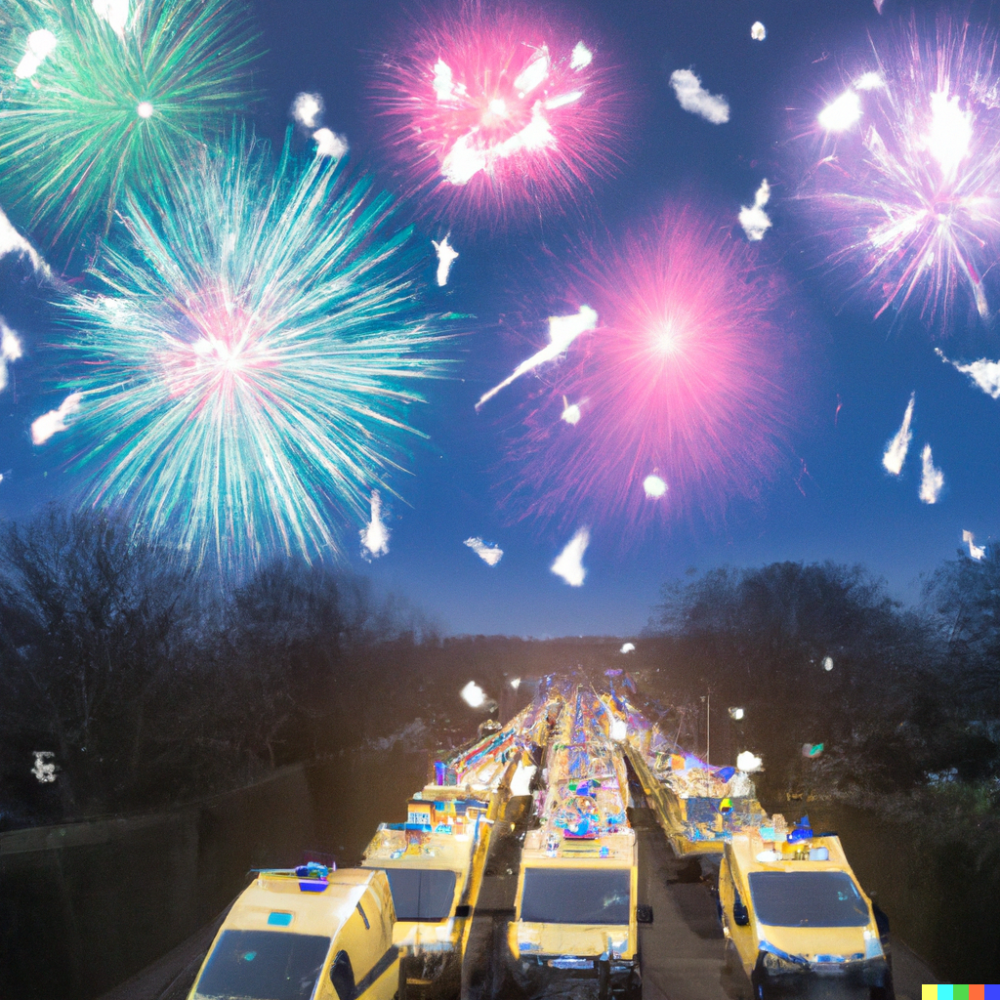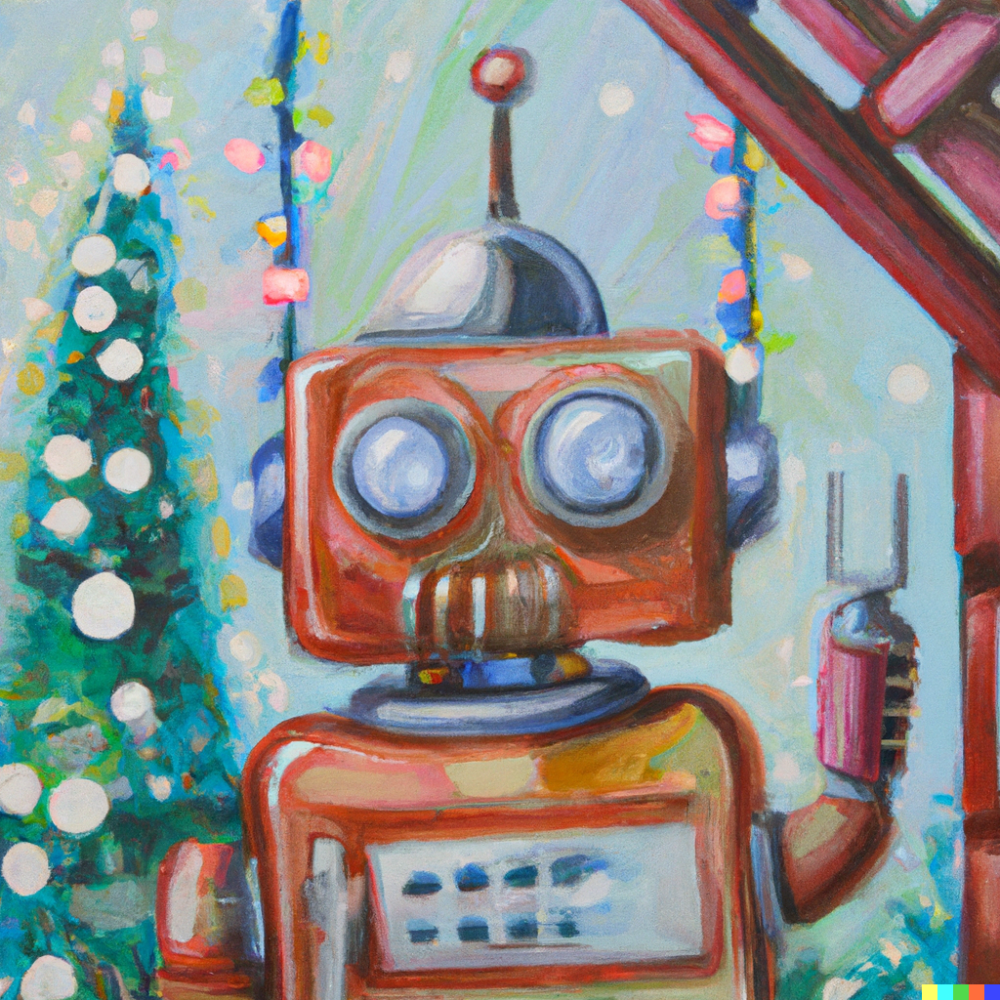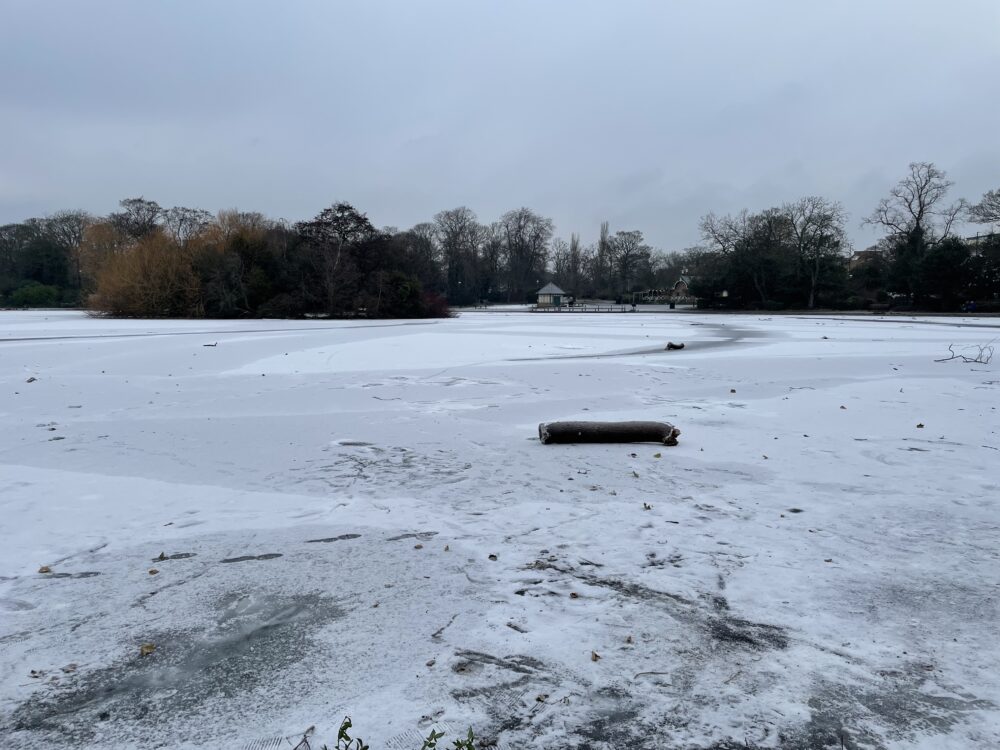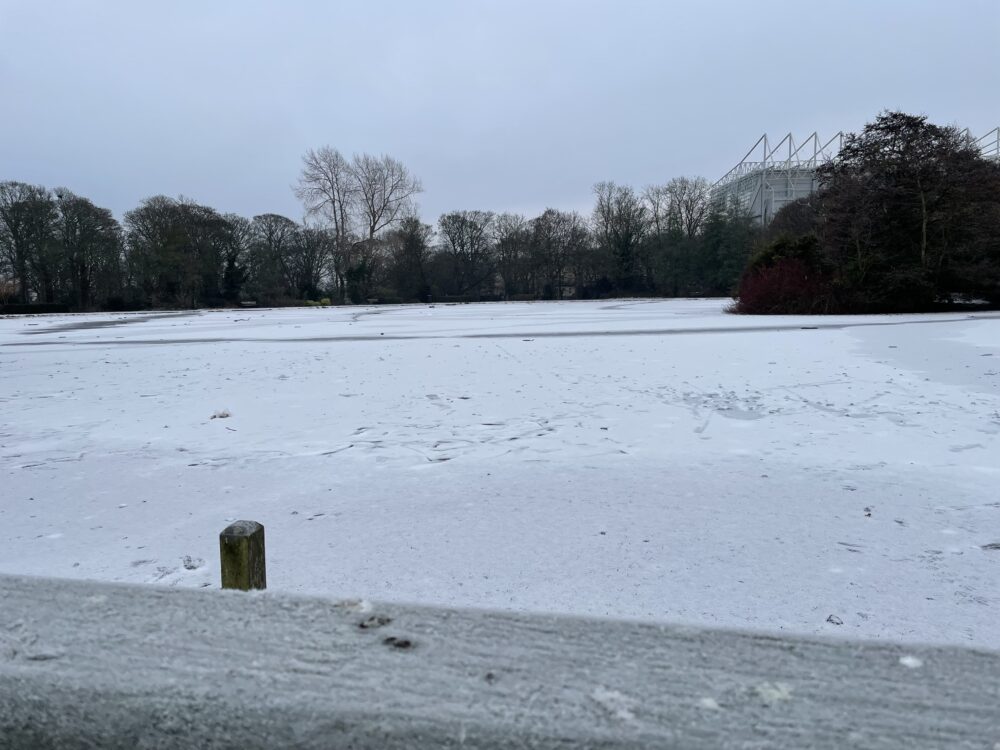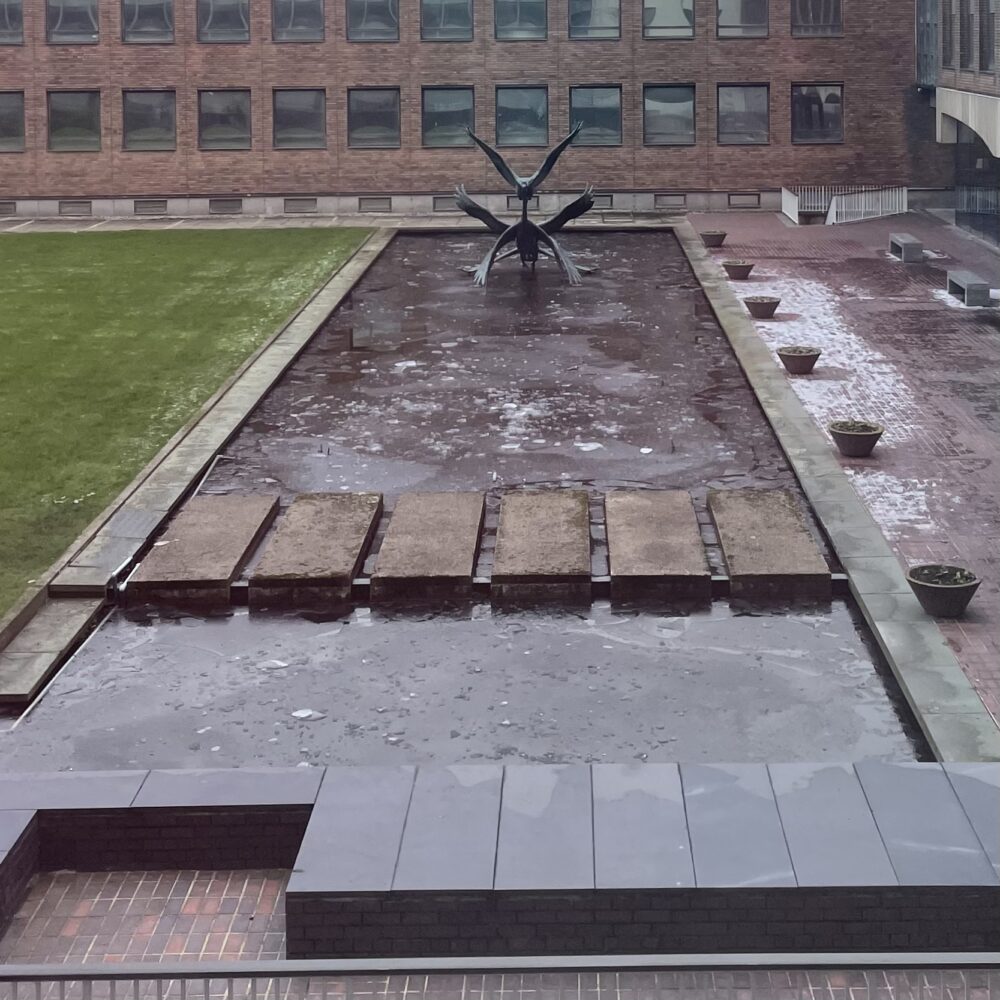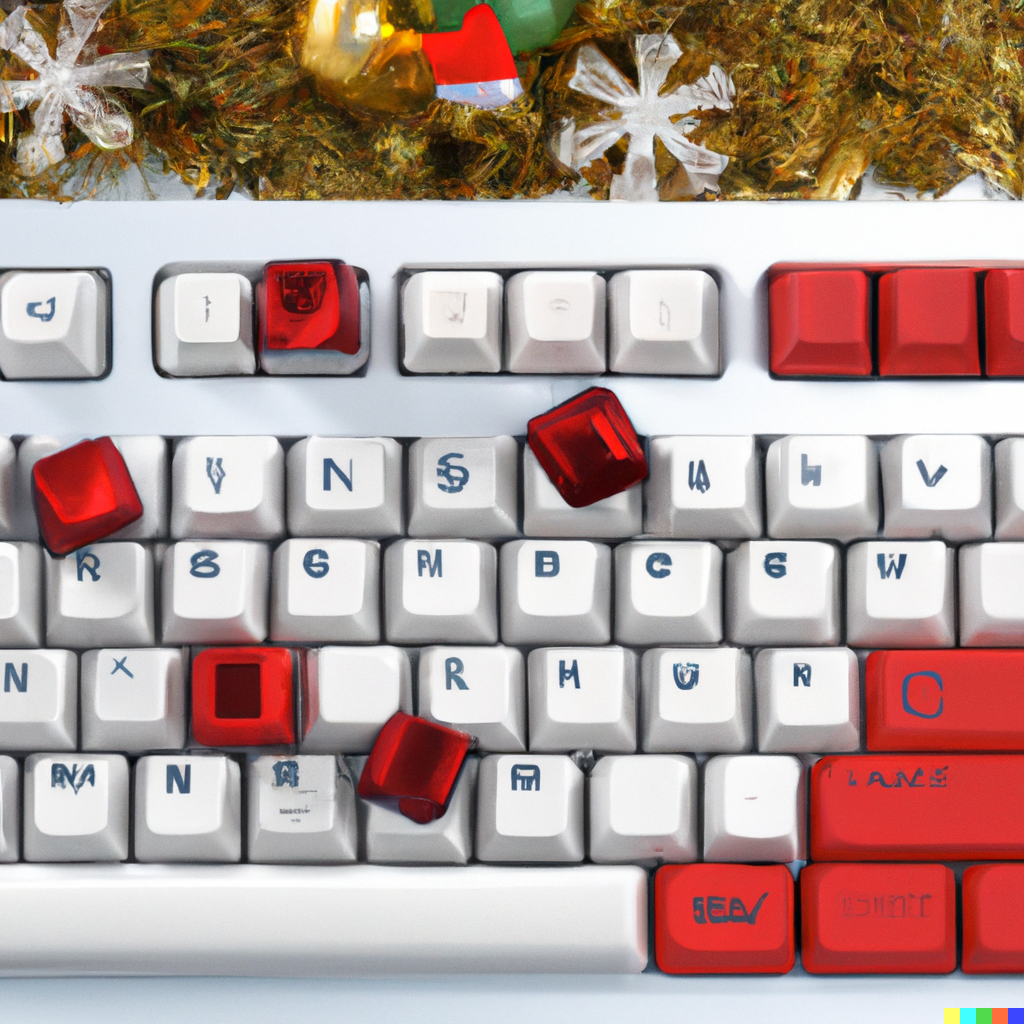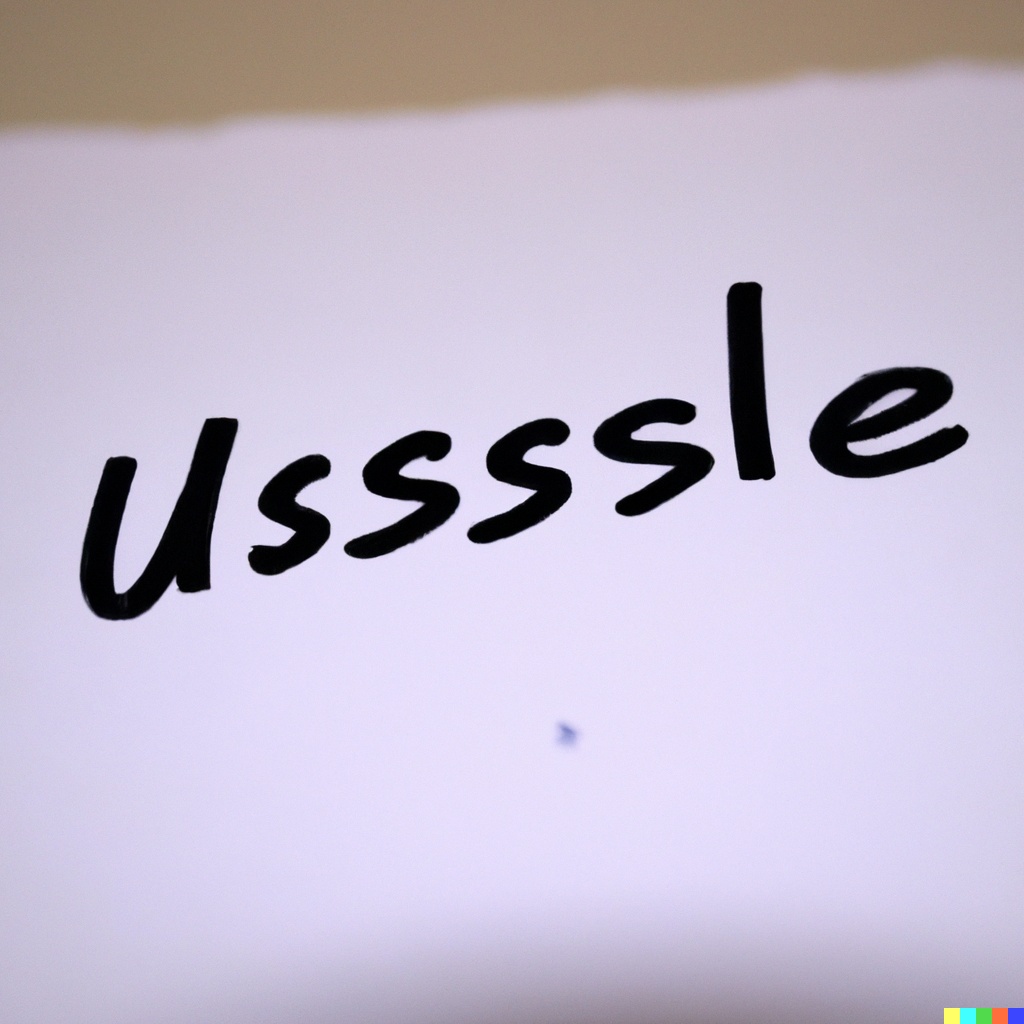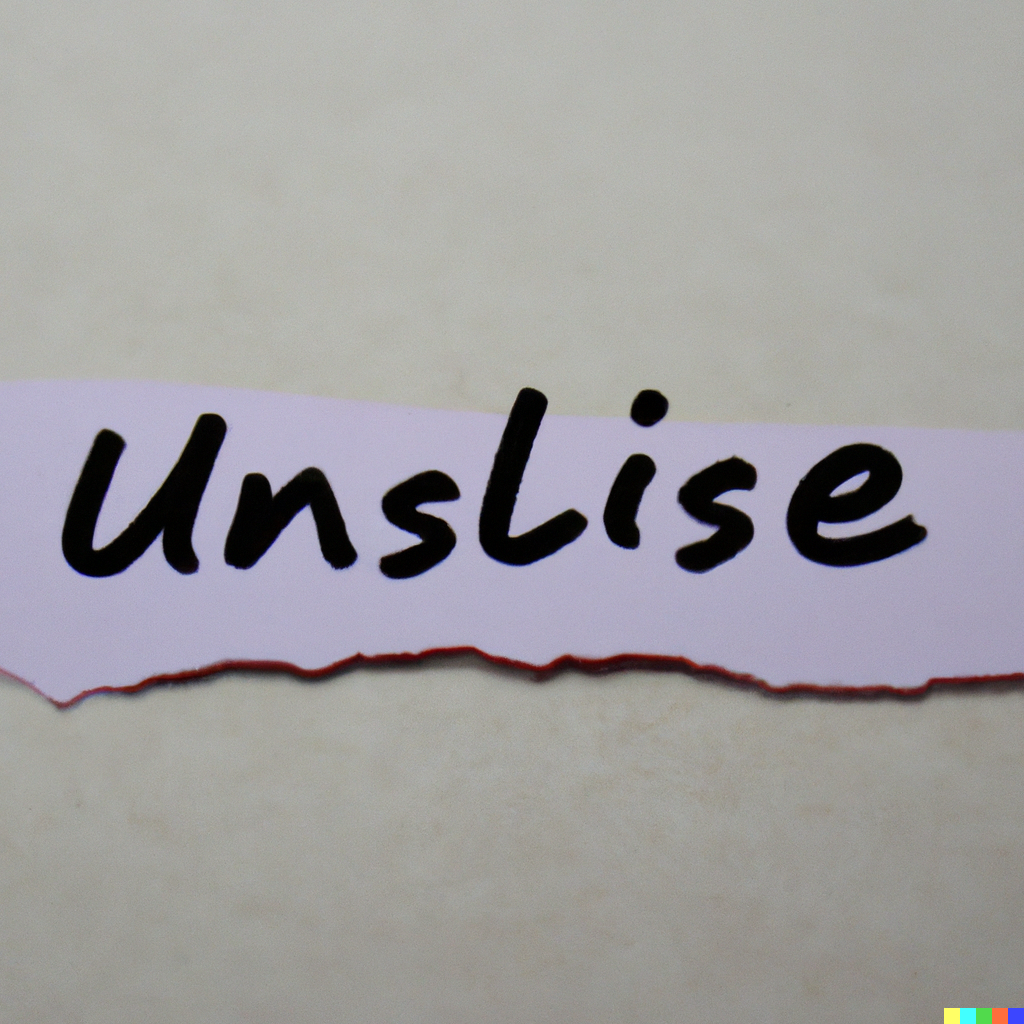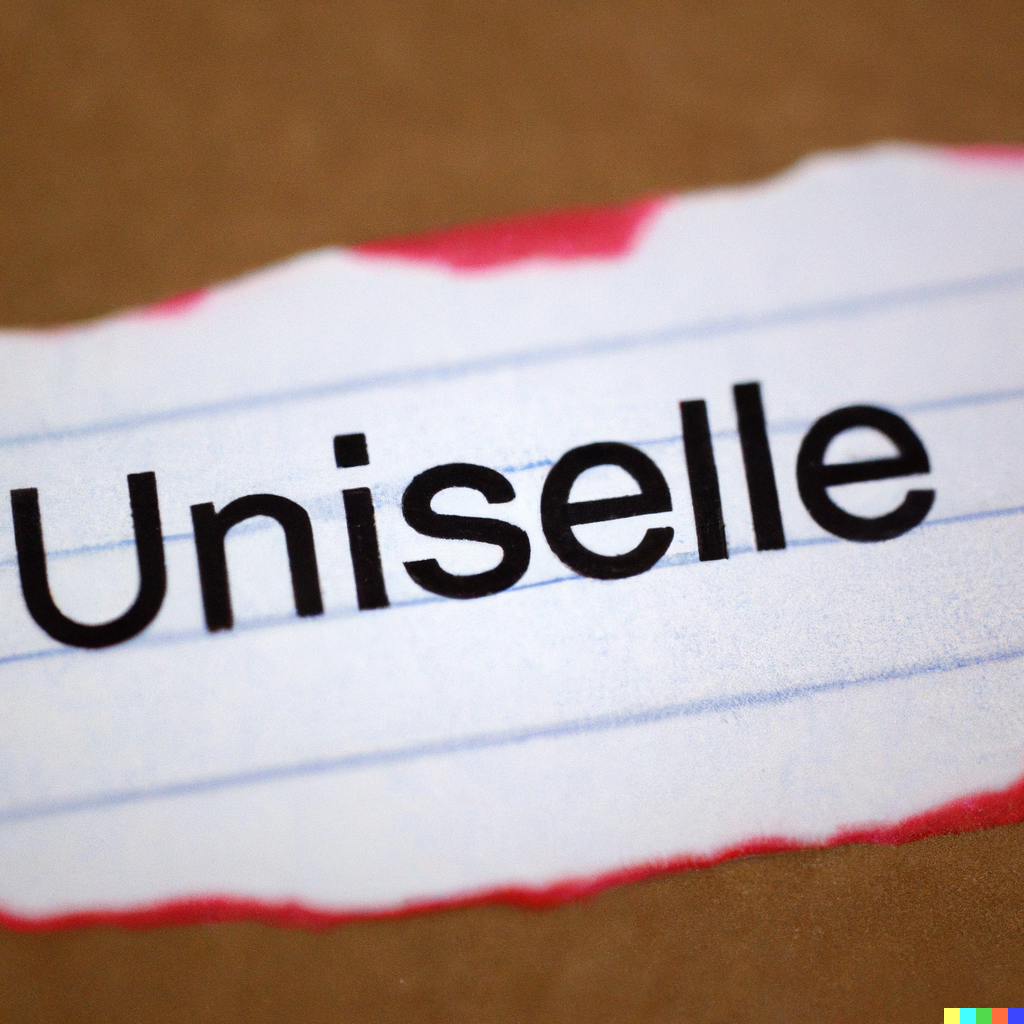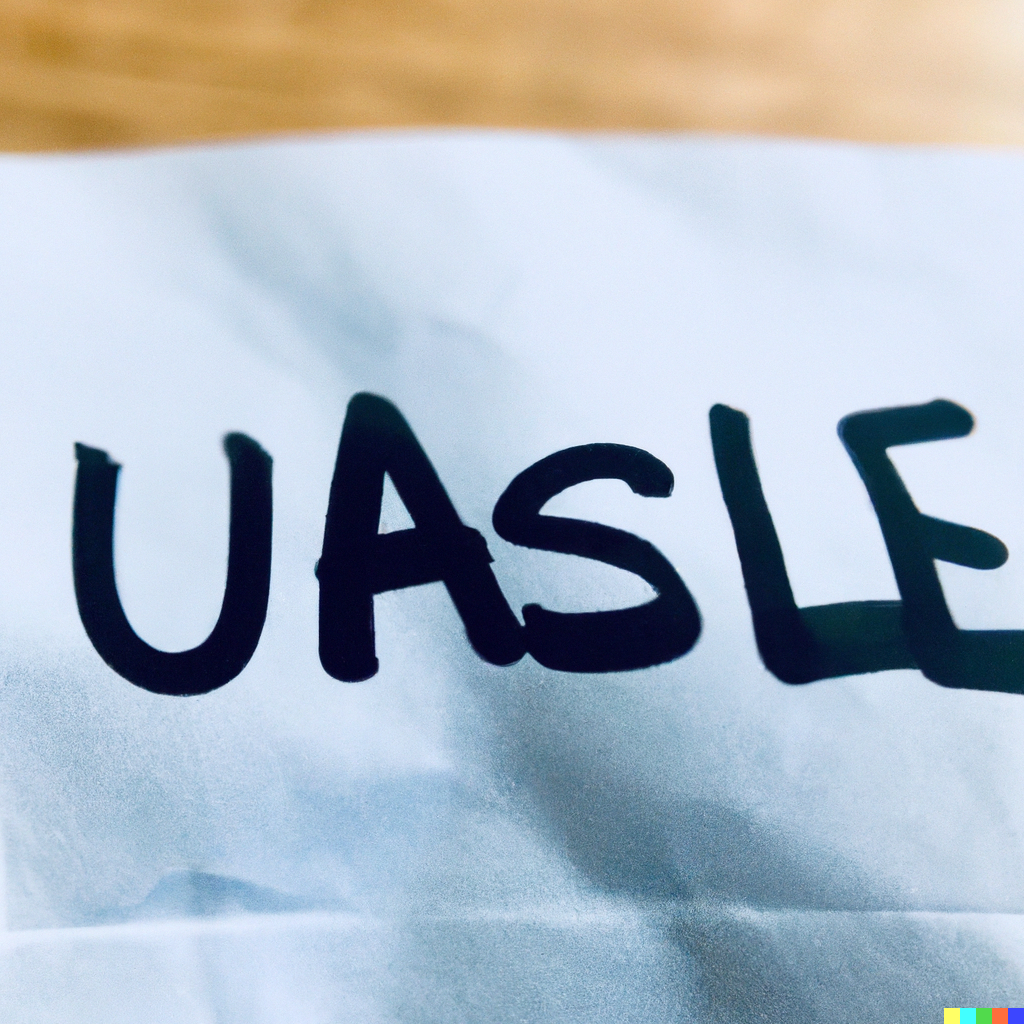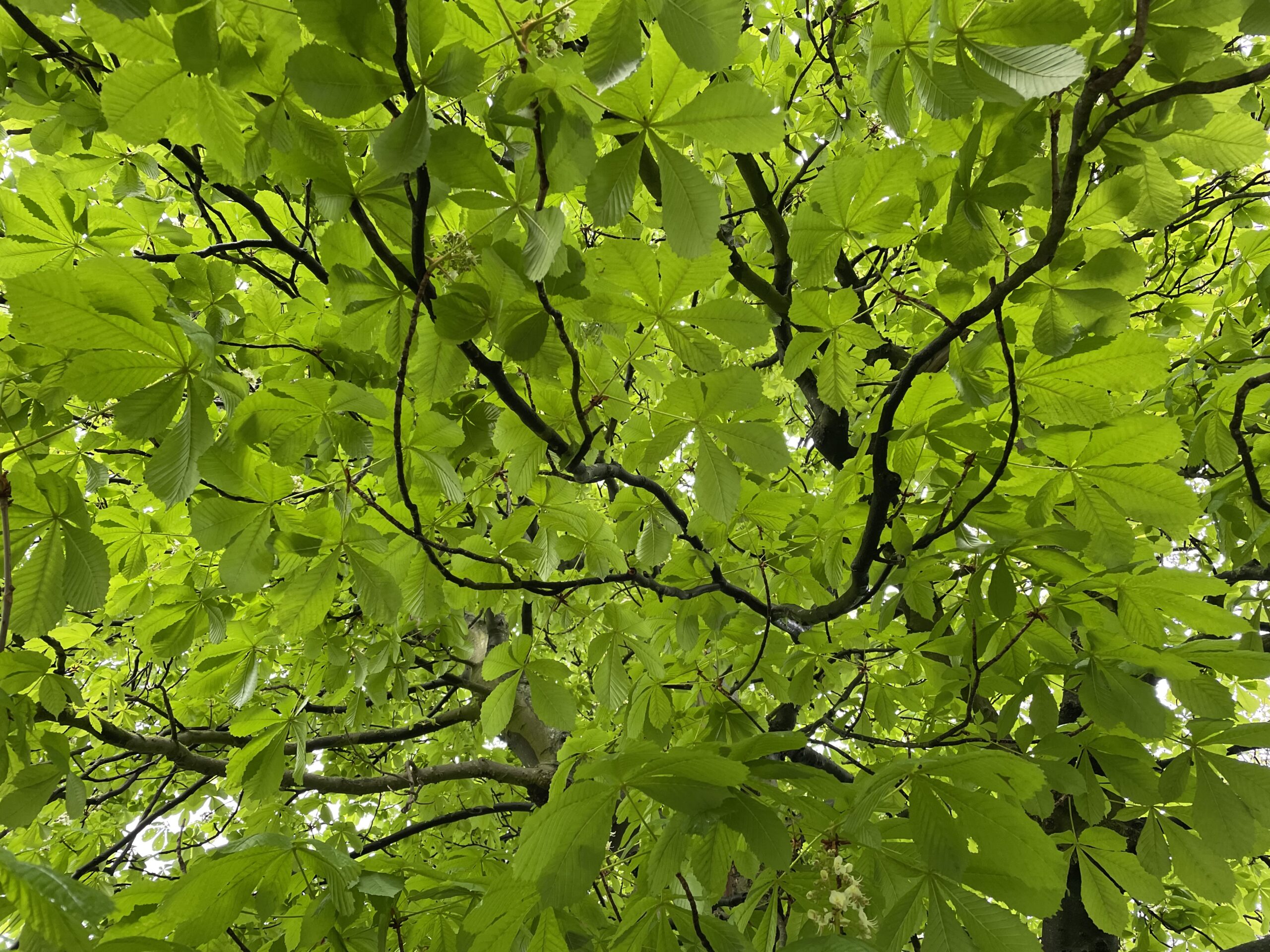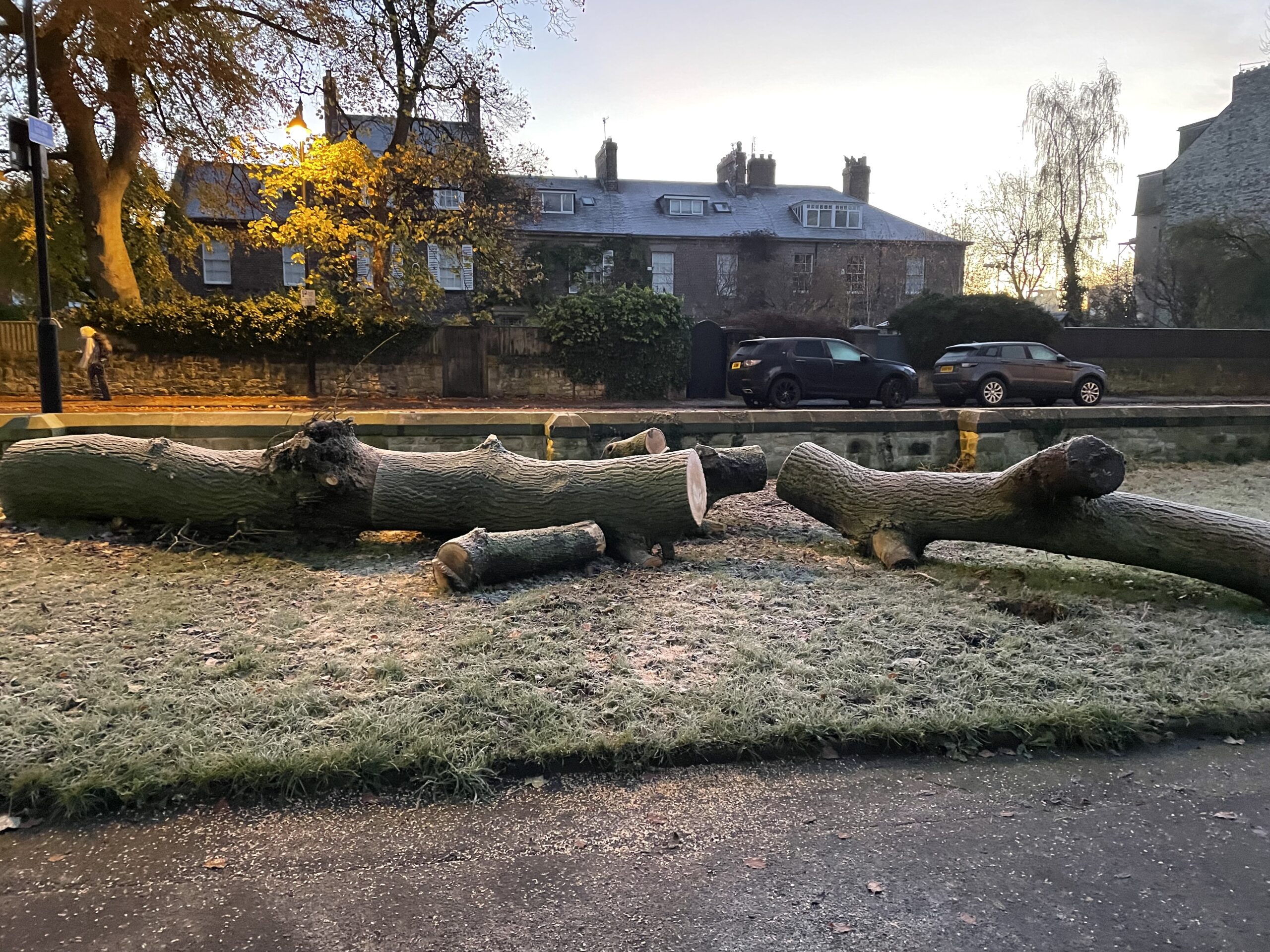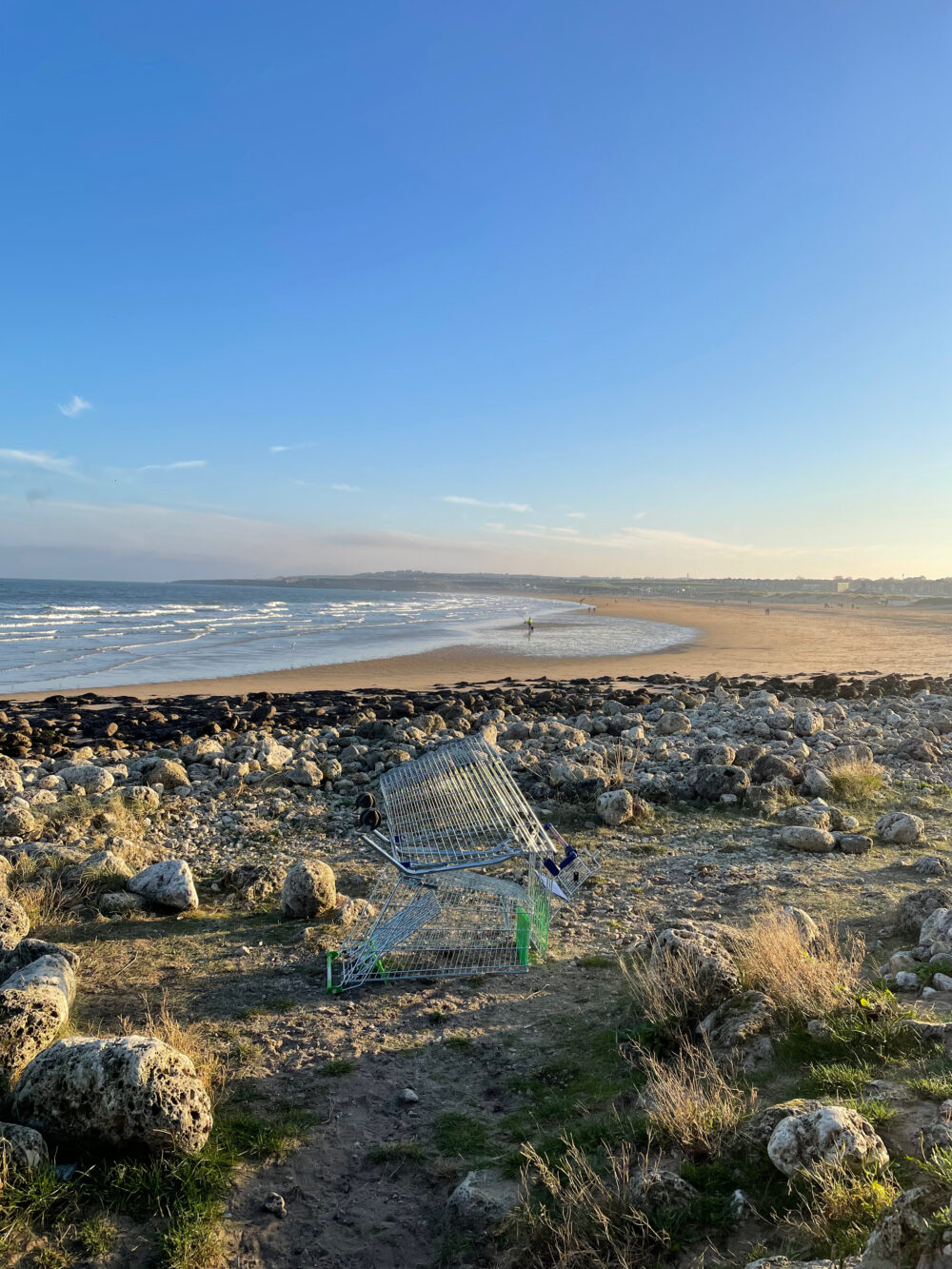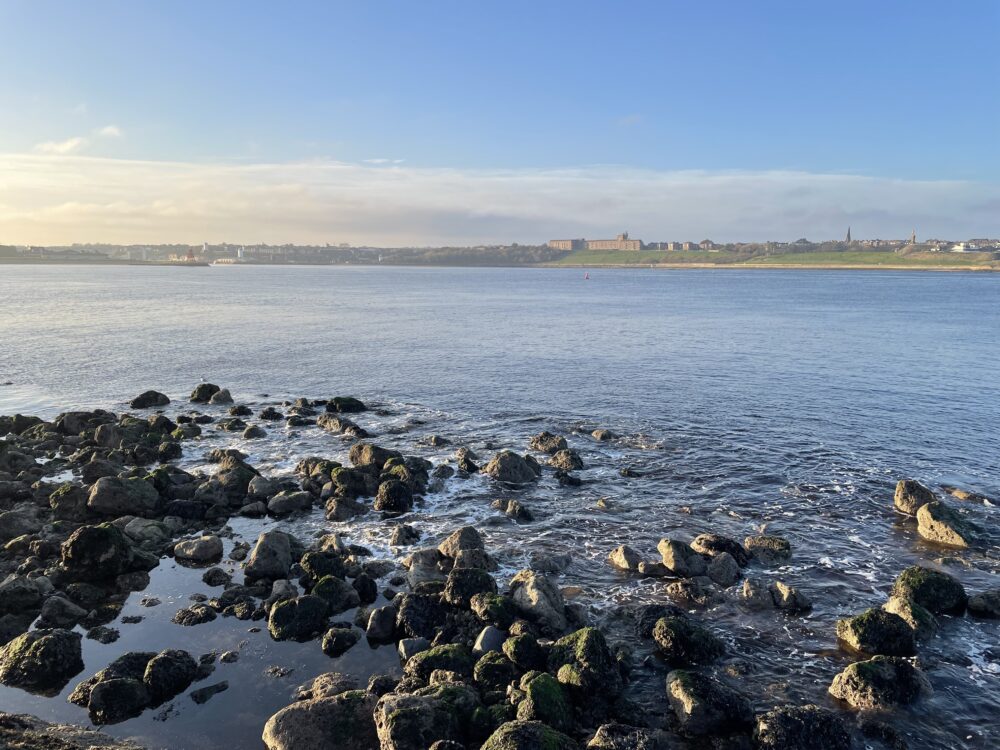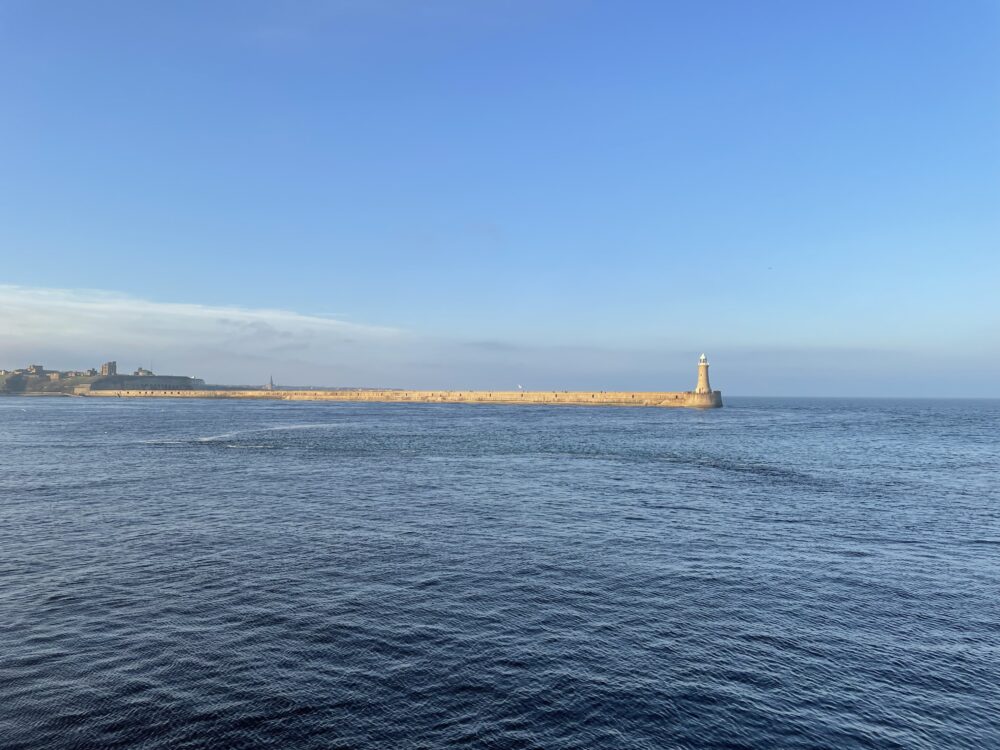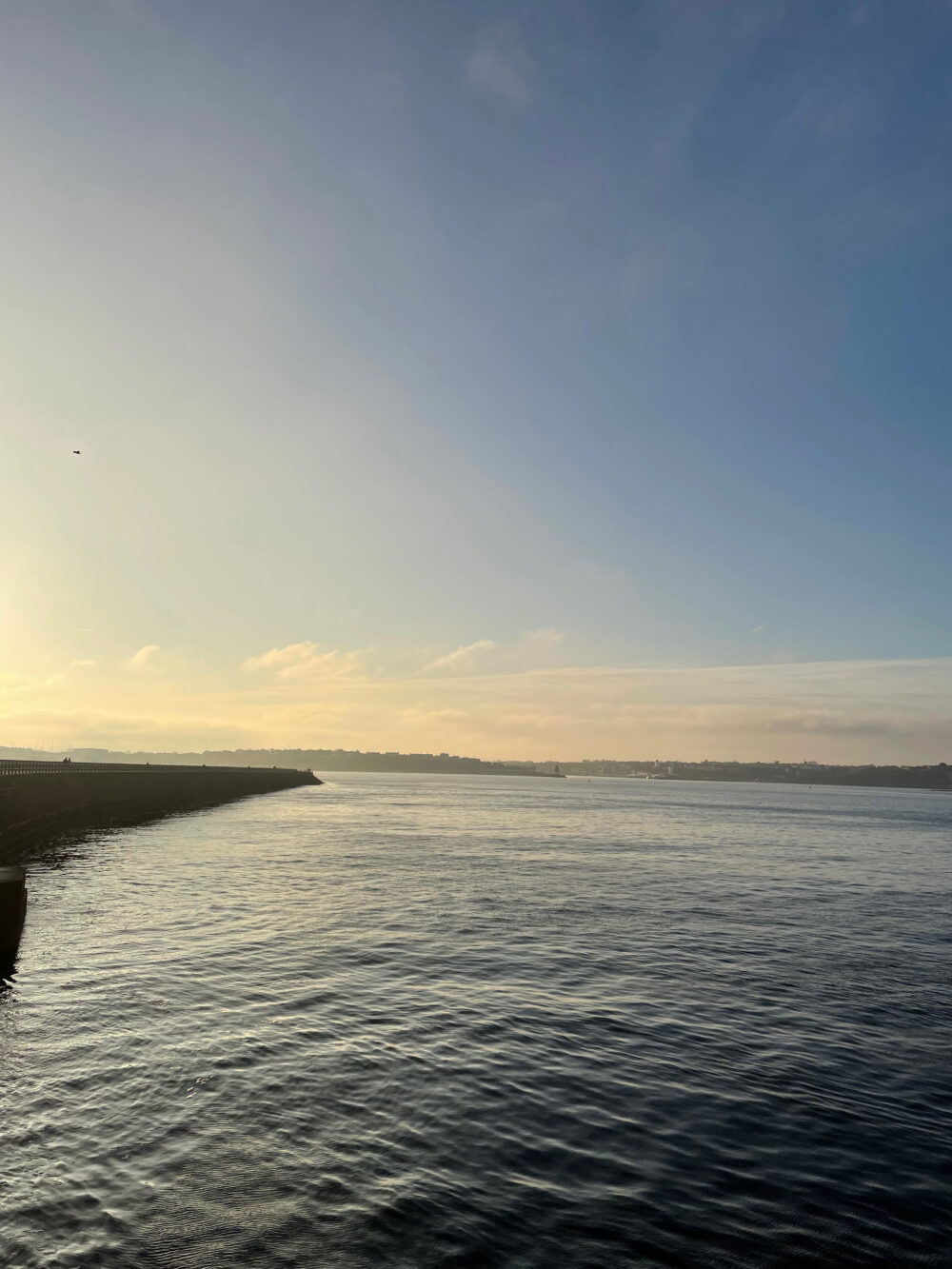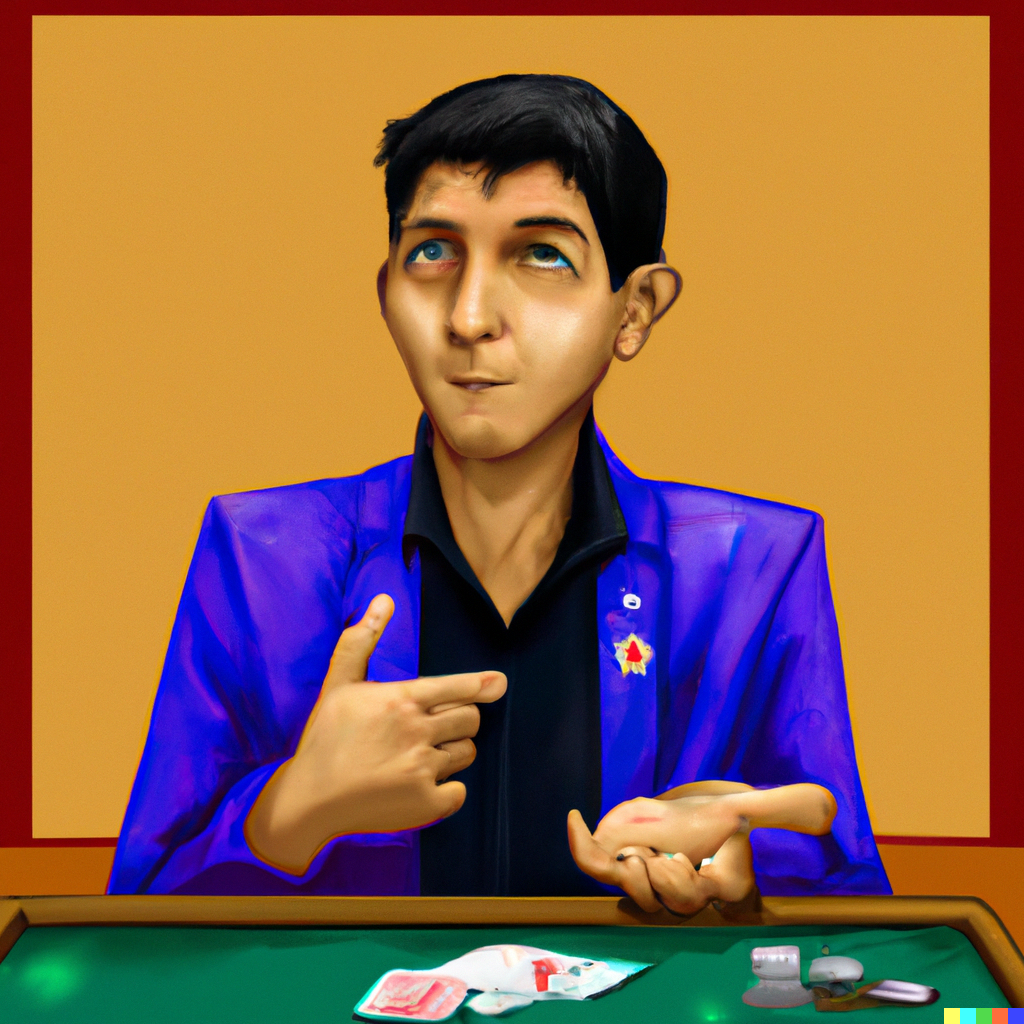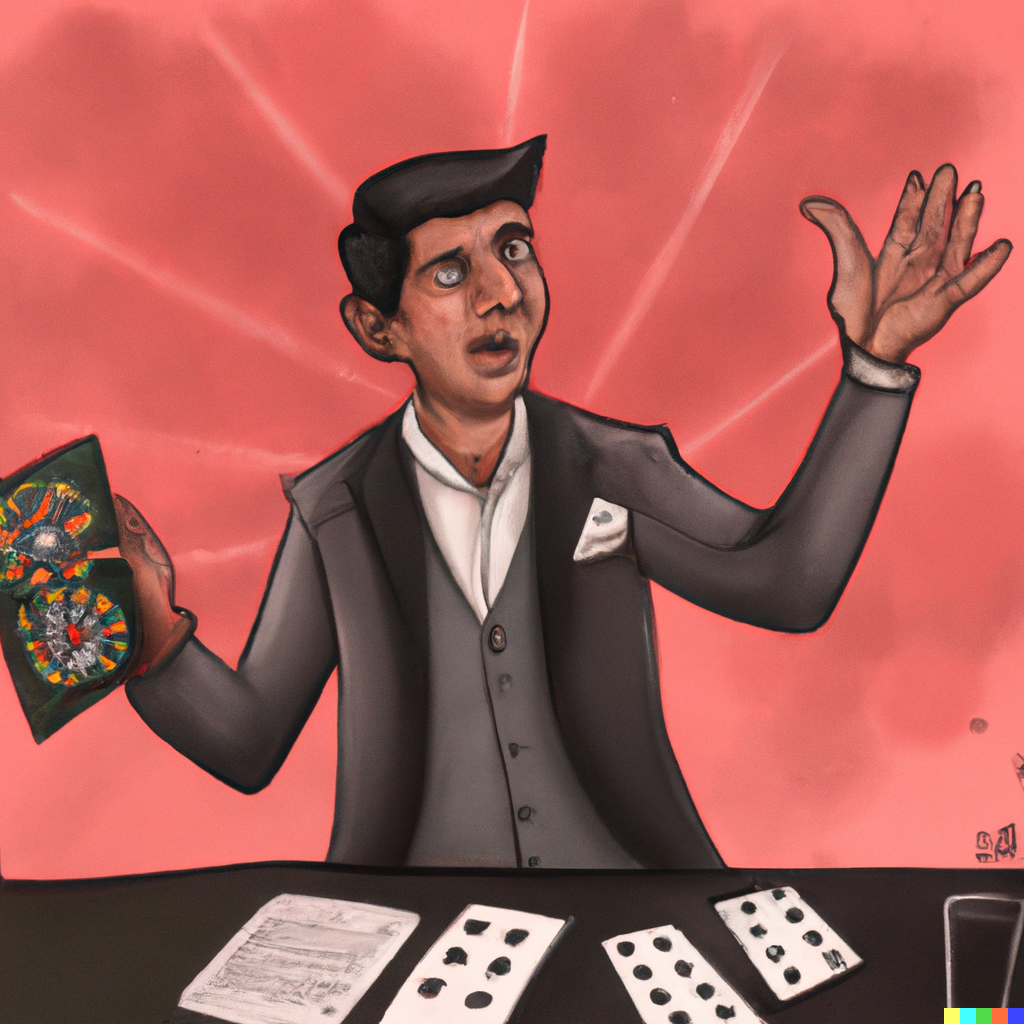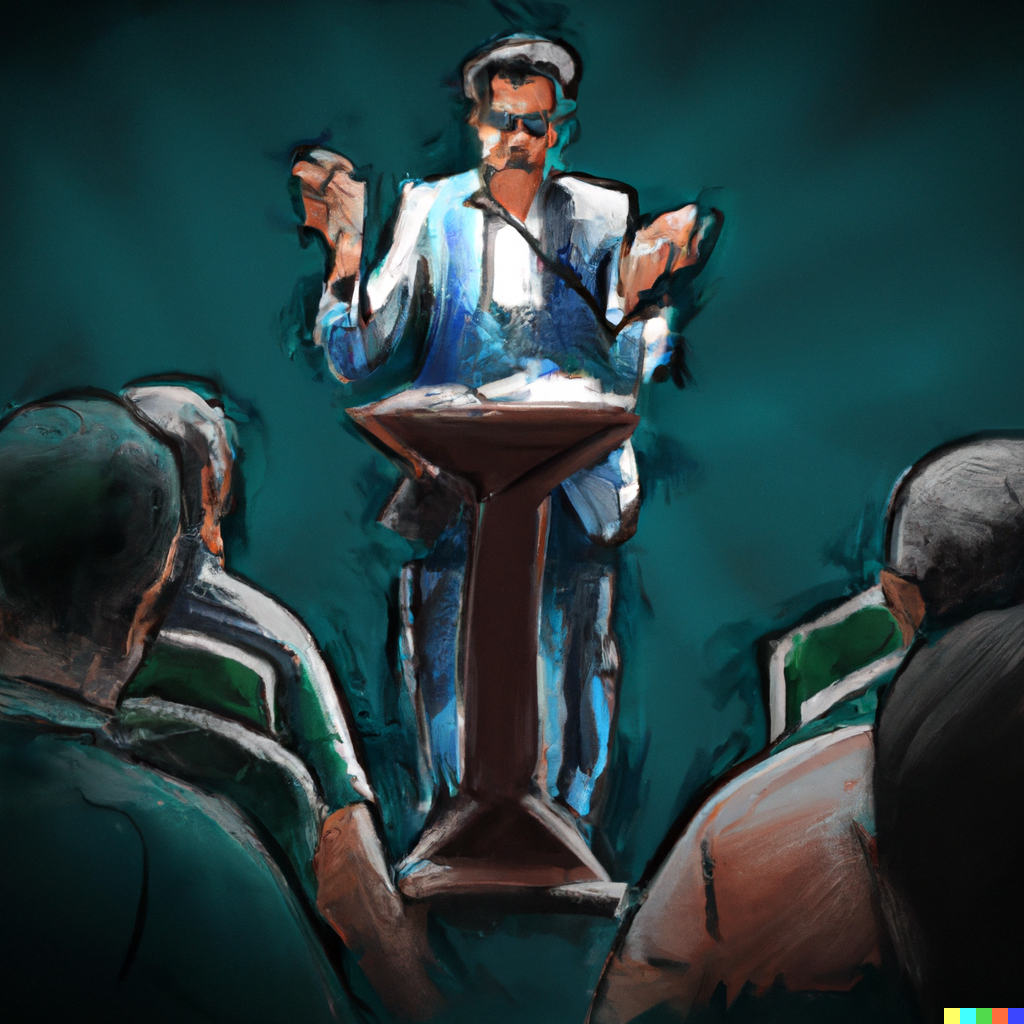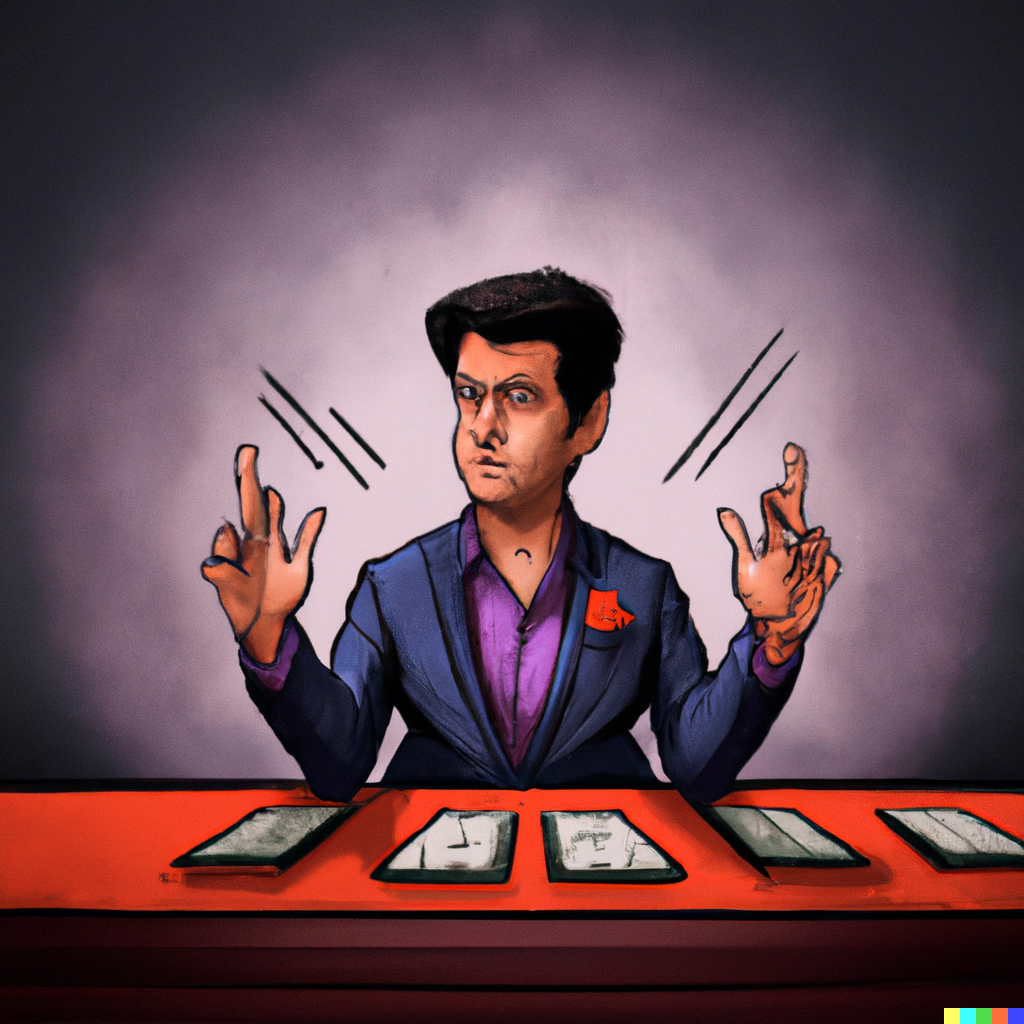A few things I’ve been thinking about this week. The forty-seventh post of a series.
I experienced my first frosty, occasionally slippery walk to work of the season this week. I didn’t fall, but given my level of clumsiness, this is unlikely to last.
Newcastle City Council has an appalling reputation for felling trees in questionable circumstances. It shames the city. I feel much more strongly about this after reading The Overstory by Richard Powers and The Island of Missing Trees by Elif Shafak; fiction sometime has unexpected consequences.
There’s a beautiful mature tree that I walk beneath on my route to work, so eye catching that I snapped a photo from underneath it back in May:
This week, it’s lost a little of its lustre:
This particular tree isn’t in an area managed by the Council, but by Urban Green, and perhaps there was a good reason to kill it. Yet, perhaps for the first time in my life, I feel a bit sad about the death of a tree.
If I’m honest, I’m not 100% sure it’s the same one as in the earlier photo: but even if not, it’s a close neighbour, and next May’s walk through leaf-filtered dappled sunlight will have an unfortunate gap.
Some days, I’m subjected to the 0830 “birthday” slot on Heart radio with Jamie Theakston and Amanda Holden. The sentiments are always overwrought and a little nauseating, but I can’t help but be impressed by how tightly produced it is. The scripting flows beautifully, the handoff between presenters and pre-recorded phone calls and voice notes is always flawless, and the segment is always neatly wrapped. They seem to do it live: if they do, then it is a feat of live radio production that exceeds anything else I hear all week.
I was in Leeds this week: it rained, as it does every time I visit, but at least I now know why. It rained orographically… probably.
I’ve changed my mind on something this week.
I’ve always maintained that it’s operationally impossible and democratically undesirable to remove the NHS from any form of political control. The NHS accounts for a considerable proportion of public spending, democracy is how we influence public spending, politics is how we choose to do democracy, and so all are irretrievably connected.
But I’ve come to realise that the sole hope for the survival of the NHS is insulating it from politics. Over a day of my working week as a doctor this week has been spent in meetings trying to work out how Integrated Care Boards (ICBs) should / do work. Also this week, the Secretary of State for Health has been pontificating about the NHS having too many ‘bureaucrats’.
ICBs are a Tory innovation introduced this year, replacing CCGs, which were a Tory innovation in 2012. We’re in a situation where a populist politician is criticising and disavowing their own Party’s approach to the Health Service, even as doctors are spending time trying to enact it. This is no way to run any essential service, but least of all a health service.
We need a new approach. We need independent management coupled with independent evidence-based prioritisation of cost-effectiveness, in the manner of NICE. We need some democratic input into that evidence base, to work out how to value what outcomes, perhaps through some sort of citizen jury. We need the Government to simply set the funding level, the consequences of which could be independently described by a health service equivalent of the Office for Budget Responsibility.
In other words: make the politics about the level of funding, have an element of non-political democracy in the value judgements which inform prioritisation, and let the service be independently managed.
